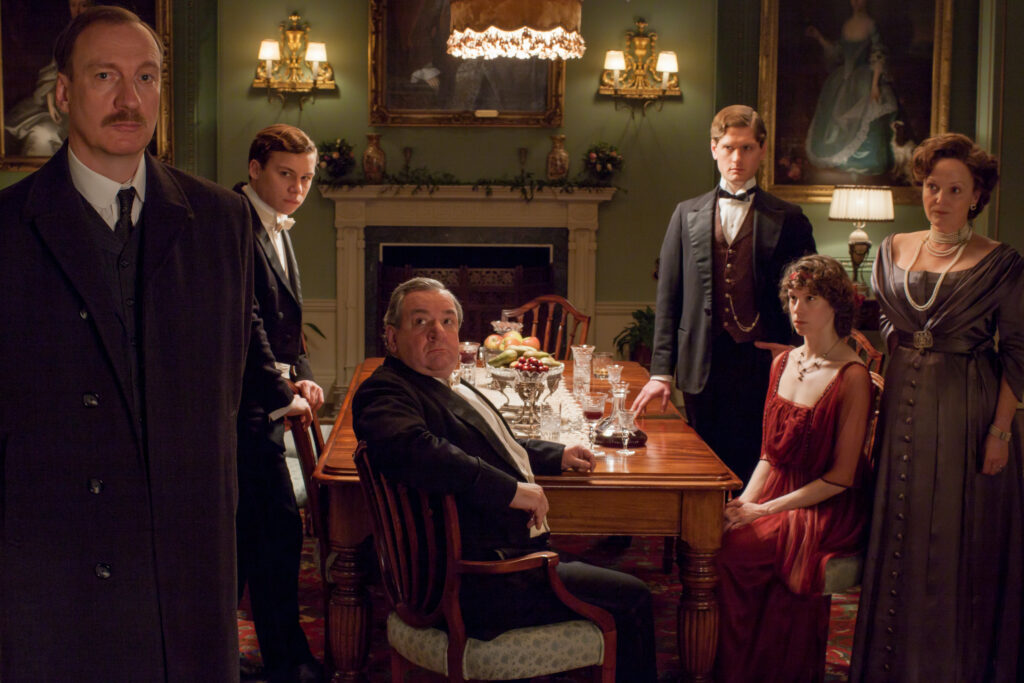An Inspector Calls 1: the theme of social responsibility in Act 1
[Q] How does J.B. Priestley explore the theme of social responsibility in Act 1 of An Inspector Calls?

Answer (in PEEL format) When you write answers in the exam, do not write the letters P, E, E, and L [Point, Evidence, Explanation, Link] at the beginning of the paragraphs or anywhere else. I have indicated P.E.E. and L only for the purpose of elaboration of the PEEL paragraph writing techniques for you to follow when you compose an essay-type answer in the exam.
===================================================================
[A] P: J.B. Priestley uses Act 1 of An Inspector Calls to introduce and develop the theme of social responsibility, critiquing the selfishness of the upper class and emphasizing the interconnectedness of society. The play suggests that individuals must consider the impact of their actions on others, especially those less fortunate.
E: Mr. Birling’s speech at the beginning of Act 1 represents a capitalist worldview, where individuals prioritize their own interests over the welfare of society. He asserts, “a man has to mind his own business and look after himself and his own,” directly rejecting the idea of collective responsibility. Priestley highlights Mr. Birling’s lack of empathy, as he dismisses the working class and their struggles. His attitude is sharply contrasted with the Inspector’s philosophy, who, upon his entrance, subtly challenges Birling’s beliefs by stating that “what happened to her may have determined what happened to the next person.” This statement introduces the idea that actions have a ripple effect on others, underscoring Priestley’s theme of interconnectedness and responsibility.
E: Sheila, on the other hand, serves as a counterpoint to her father, showing a growing awareness of her social responsibilities. After learning about her role in Eva Smith’s downfall, she expresses guilt and regret, saying, “But these girls aren’t cheap labour – they’re people.” This quote reflects Sheila’s shift from a sheltered, privileged perspective to a more empathetic stance, aligning with the play’s message that individuals must recognize their responsibility towards others. Sheila’s character development in Act 1 hints at Priestley’s belief in the younger generation’s potential to embrace social change and reject the selfishness of their elders.
E: The Inspector’s presence in Act 1 embodies the play’s central moral voice. He acts as a conduit for Priestley’s message about social responsibility. His line, “It’s better to ask for the earth than to take it,” critiques the greed and exploitation practiced by people like Mr. Birling. The Inspector represents the consequences of ignoring social responsibilities, implying that those in power must be held accountable for their actions.
L: Priestley uses these contrasting characters—Mr. Birling’s denial of responsibility, Sheila’s awakening, and the Inspector’s moral authority—to explore the theme of social responsibility. Act 1 serves as a foundation for this theme, setting up a clear opposition between selfish individualism and the ethical imperative to care for others. Through these characters and their evolving relationships with the theme, Priestley underscores his belief that society functions best when individuals take responsibility for one another, a message that remains relevant beyond the play’s setting. [419 words]
